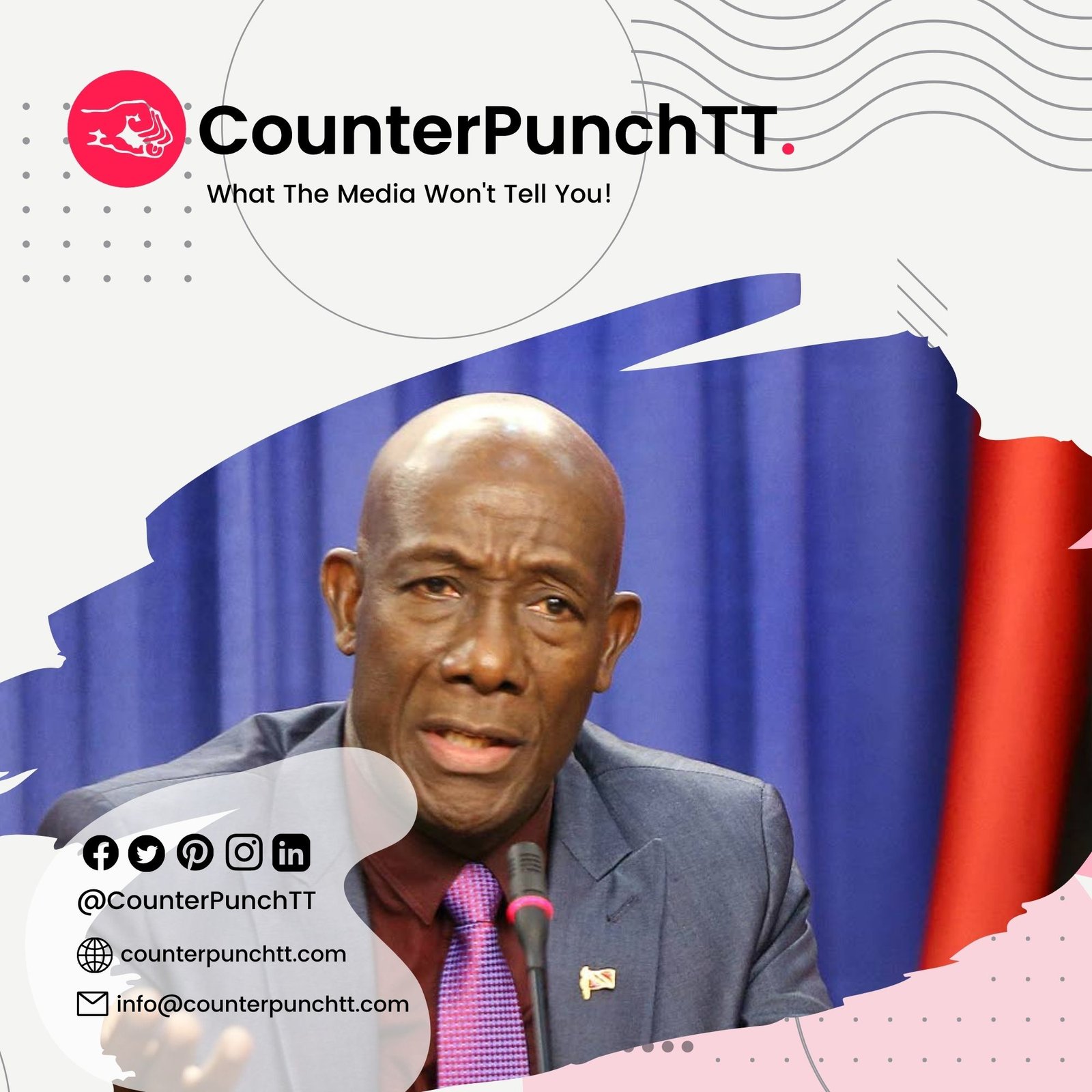

PRIME Minister Dr. Keith Rowley must have felt awkward at last week’s mediation talks between Guyana and Venezuela.
Skeptics may say that Rowley dusted off his embarrassment and saw his participation in the St. Vincent meeting as another opportunity to present himself as a travelling statesman.
But mere days before the Prime Minister and his ministerial sidekicks headed to the talks, he had pronounced that there was no role for mediation in the territorial dispute between both countries.
“Guyana does not encourage and does not require its problem to be dealt with any mediation with Venezuela at this time,” Rowley told the media.
“Guyana places its store and its fortune in the adjudication of the International Court of Justice,” he insisted.
“Venezuela’s position is that they do not recognise that court.
“For there to be mediation… the parties have to subject themselves to mediation.”
Then, days later, St. Vincent’s leader Dr. Ralph Gonsalves linked with Caricom and the Community of States of Latin America and the Caribbean (CELAC) to sponsor talks on his home soil.
Ignoring the obvious egg on his face, Rowley took up a seat at Argyle, where the talks took place.
He sidestepped his earlier brazen criticism of calls for mediation.
The Trinidad and Tobago Opposition “should shut up,” he had said.
Requests for mediation are “worsening the situation for the people of Guyana,” Rowley claimed.
His denunciation of mediation unmasks the Prime Minister’s scant knowledge of political history and the resolution of conflicts.
Arbitration during international disputes is commonplace and has even brought an end to deadly armed conflicts.
Such conciliation seeks common ground between the contesting parties, from which consensus could be built, leading to a resolution of the relevant conflict.
Mediation often plants a seed of hope.
And that was achieved at the Argyle talks.
Both countries agreed said they “will not threaten or use force against one another in any circumstances” and “will refrain … from any conflict or disagreement.”
That agreement offers optimism for short-term peace, although Venezuela’s President Nicholas Maduro remains hawkish and unpredictable.
It does not bring an end to Venezuela’s imperialistic designs, which dates back many decades.
In 1975, then-Prime Minister Dr. Eric Williams warned that the South American country was increasing its bid to “colonise” parts of the Caribbean.
But the St. Vincent discussions provide some breathing room for residents of the contested Essequibo region and energy and other firms operating in the mineral-rich district.
For now, it protects Guyana’s sovereignty and diffuses tension.
Gonsalves deserves credit for his gutsy move to bring Maduro and Guyana’s President Dr. Irfaan Ali to the bargaining table.
He must share such recognition with the secretariats of Caricom and CELAC.
In that single and crucial intervention, the St. Vincent Prime Minister shot the longstanding image of Caricom being ineffective and reactive to regional problems.
As for Rowley, he would be remembered for saying that calls for mediation in the crisis were an attempt at politicking.
“Politics should stop at the borderline,” said he before the Gonsalves intervention.
Rowley now needs to scrape the egg off his face.
TEN years after Trinidad and Tobago’s education system reached its highest-ever standard, the World Bank…
“LET’S rescue our country,” Dr. Keith Rowley told Trinidad and Tobago 10 years ago.
TODAY’S headline news about Stuart Young’s touted legislative reform on social media is a cocktail…
FOR several troubling reasons, the Petrotrin-Oando deal is shaping into another billion-dollar Niquan scandal.
The US Supreme Court is set to rule against Trinidad and Tobago, several other Caribbean…
THE ruling PNM is preparing its troops for an April general election.